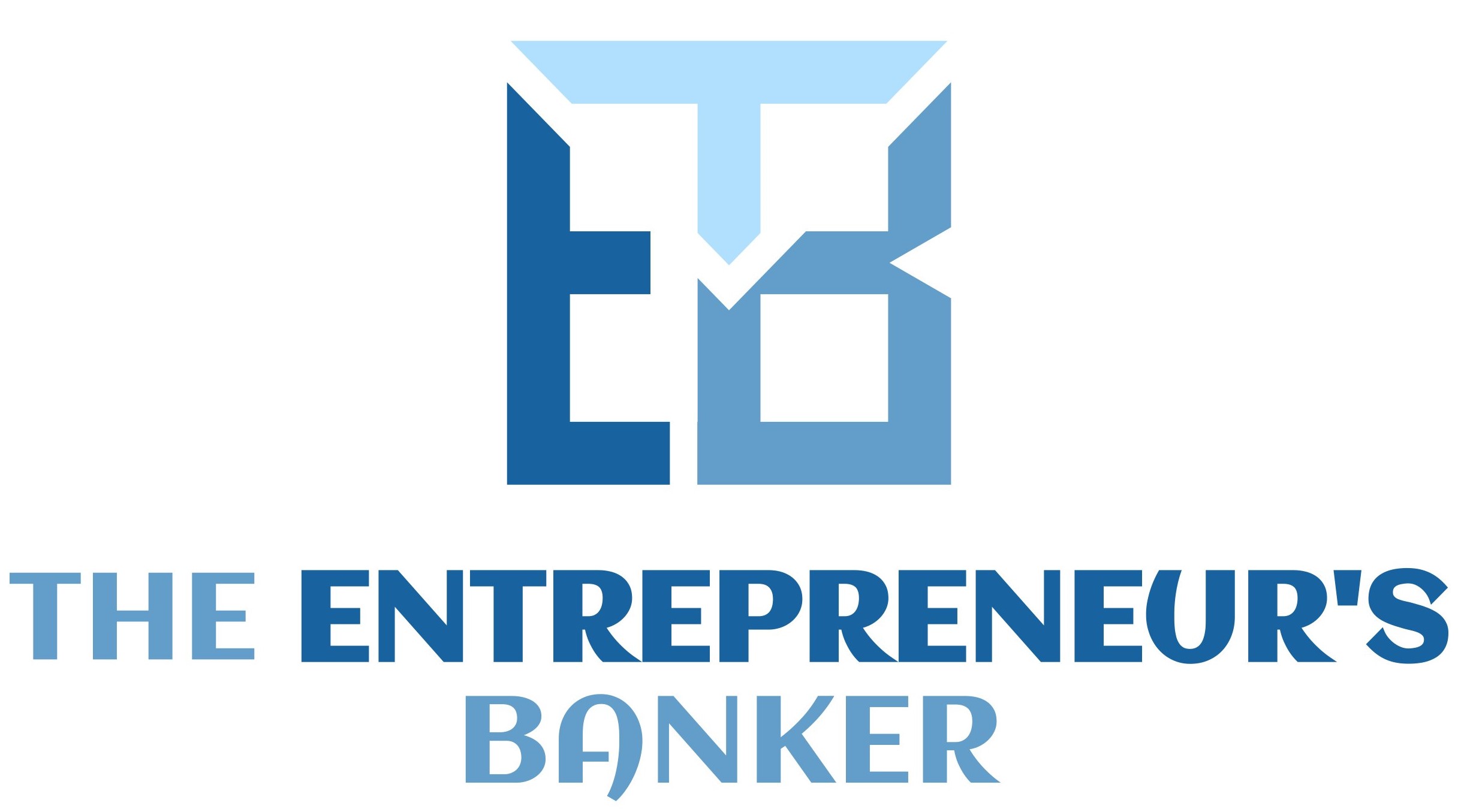Ok entrepreneurs, please help me out here.
This week we are going to talk about a requirement that many entrepreneurs hate – providing a personal guaranty for a business loan. What I need help with is, understanding why some entrepreneurs fight so adamantly to get these removed or waived.
First let’s have a general discussion around the idea of personal guaranty so that we are on the same page. Every bank is different to the approach that they have on personal guaranties, so you should confirm with your banker on your bank’s requirement.
What is a personal guaranty on a commercial loan? A personal guaranty is a pledge by an individual to pay a loan back in the event that the business who received the loan is unable or unwilling.
Who is required to provide a personal guaranty? Most often, any owner that has 20%+ ownership or an individual that is critical to the operations or financial health of the business receiving the loan.
What are the different types of personal guaranty? In my experience, there are 3 main types – Unlimited guaranty (where the individual is responsible for the entire outstanding balance of the loan), Dollar amount limited guaranty (where the individual is responsible for the outstanding balance on the loan, up to a predetermined dollar amount), and Percentage limited guaranty (where the individual is responsible only for a predetermined percentage of the outstanding balance on the loan). The unlimited personal guaranty is most common. Both limited guaranty types are more often seen when the borrower is a business that has multiple partners. In this situation, I completely understand the perspective of an entrepreneur wanting to limit the amount they would have to pay in the event the business fails. For example, if there are 8 owners of a company, all at 12.5% ownership, then I can would want to be responsible for only 12.5% of the debt in the event that the business can not pay the loan back. Especially, if I am only entitled to 12.5% of the profits.
Why does the bank require a personal guaranty? After all, the business is a legal entity that has the right to own property (the collateral) and engage in contracts (the loan). It is true that legally, the business is a stand-alone entity, that has the right to hold (and pledge) assets and have liabilities (i.e. a loan). However, the entity is not a living, breathing, thinking organism. It is controlled by individuals, who make decisions on how it will operate and conduct business. If the bank gave a loan to a business that was non-recourse (the bank nerd term for no personal guarantees), and then the owners of the business added a lot of debt, or sold and disposed of all the assets, then defaulted on the loan – the only option the bank would have to repay the outstanding debt would be to liquidate the collateral. This is obviously a risk to the bank, which is why non-recourse loans are relatively rare.
What does a bank need to see in order to consider non-recourse lending? This varies greatly from bank to bank and company to company. For example, if a company has a very strong balance sheet and cashflow, but is subject to wide swings in profitability, then the owners may always be required to provide a personal guaranty. I can say that in my personal experience, the discussion is not even entertained until the loan-to-value is around 50% (for real estate secured loans) and/or there is a LARGE amount of liquidity that is in (and retained) in the company.
Given this information, I completely understand an entrepreneur wanting to reduce their risk and avoid having to provide updated personal financial information, but still don’t understand why this is such a sticking point for some entrepreneurs. Although, I am trying to think more like an entrepreneur than a banker, I just don’t understand the push-back. When a client tells me that they don’t want to provide a personal guaranty, I try to figure out why. Most of the times, I have been unsuccessful in getting a forthright answer. Then I am left to think that the client does not have the intention of repaying the loan in the event that something goes bad with the company they own and control. I choose to believe that this is not malicious, but I am at a loss to understand fully.
Ok entrepreneurs, please help me out here. I want to understand. What am I missing?
Being an entrepreneur is one of the most difficult and demanding things you can do. The good news is that entrepreneurship today is a team sport. Hit the connect button on LinkedIn or Facebook NOW and together we will start maximizing your profit, strengthening your leadership skills, defining your strategic vision, and transforming your bank relationship. When we connect, tell me what I am missing.

Greg Martin is an entrepreneur’s insider to the banking industry and passionately believes that every person was uniquely designed for a higher purpose and calling. Greg guides entrepreneurs in defining and achieving their purpose and calling. His deepest passion is living life with his wife and their wonderful son.
Get In Touch
College Station, Texas
(910) 257-8286

